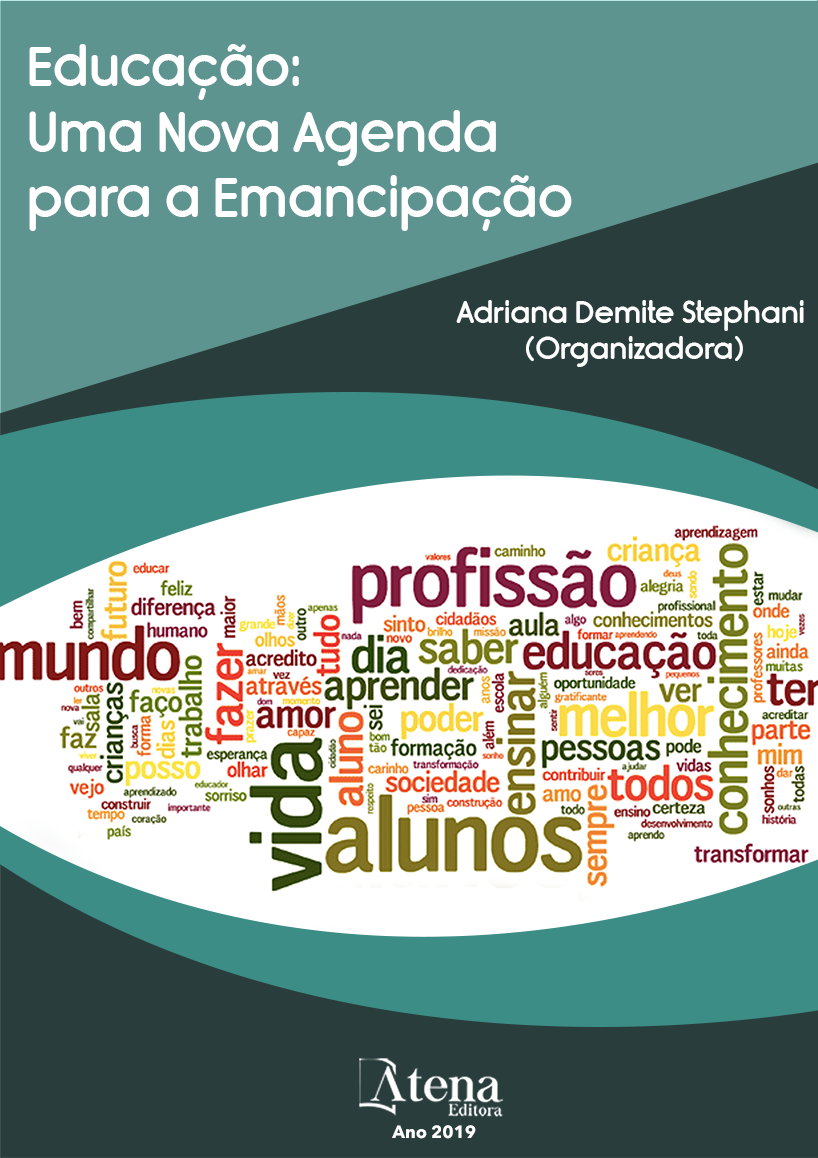
LÍNGUA ESTRANGEIRA: A FASE MAIS FAVORÁVEL PARA A APRENDIZAGEM E OS RECURSOS ADEQUADOS PARA A CONTRIBUIÇÃO NESSE PROCESSO
Quando os pais decidem que a aprendizagem de língua estrangeira (LE) é importante para os filhos, algumas dúvidas podem surgir, como, por exemplo: qual fase da vida é mais propícia para iniciar a aprendizagem visando a alcançar excelente competência linguística, entre outros questionamentos. O objetivo deste trabalho é identificar qual a idade oportuna para o ingresso no processo de ensino e aprendizagem de uma LE e quais são os recursos didáticos a serem utilizados pelo docente neste processo. A pesquisa teve a abordagem do tipo descritiva, em que os conteúdos para alcance dos objetivos foram obtidos pela coleta de dados por meio de pesquisas bibliográficas e documentais, sendo as hipóteses validadas mediante a análise do suporte teórico. Os resultados evidenciam que o momento favorável para a introdução da aprendizagem de uma segunda língua compreende os dez primeiros anos de vida e a fim de que esse processo tenha êxito é necessário que o insumo seja intensamente reforçado e que o ambiente onde as crianças estejam inseridas propicie o desenvolvimento de atividades que envolvam, ao máximo, a oralidade e práticas lúdicas em LE, contribuindo, assim, para a fluência que possibilitará melhores oportunidades no atual contexto sócio-educativo globalizado.
LÍNGUA ESTRANGEIRA: A FASE MAIS FAVORÁVEL PARA A APRENDIZAGEM E OS RECURSOS ADEQUADOS PARA A CONTRIBUIÇÃO NESSE PROCESSO
-
DOI: 10.22533/at.ed.38319231012
-
Palavras-chave: Criança, Ensino e Aprendizagem, Língua Estrangeira
-
Keywords: Childhood, Teaching and Learning, Foreign Language
-
Abstract:
Whenever parents decide that learning a foreign language is important for their children, some questions may arise, including: Which stage of life is most successful regarding starting to learn a foreign language in order to achieve excellent linguistic competence? The purpose of this work is to identify the most suitable stage of life for the beginning of the teaching and learning process of a foreign language and what are the didactic resources to be used by the teacher in this process. The research had the descriptive approach, in which the contents for the achievement of the goals were obtained by the collection of data through bibliographical and document researches, being the hypotheses validated through the analysis of the theoretical support. The results show that the most favorable moment for the beginning of learning a second language comprises the first ten years of life and, in order for this process to succeed, it is necessary that the input is intensively reinforced and also that the children are inserted in an environment that allows the occurrence of activities that involve a lot of orality and playful practices in the foreign language, thus contributing to the fluency that will allow better opportunities in the current globalized socio-educational context.
-
Número de páginas: 15
- MARCIO JOSE PEREIRA


